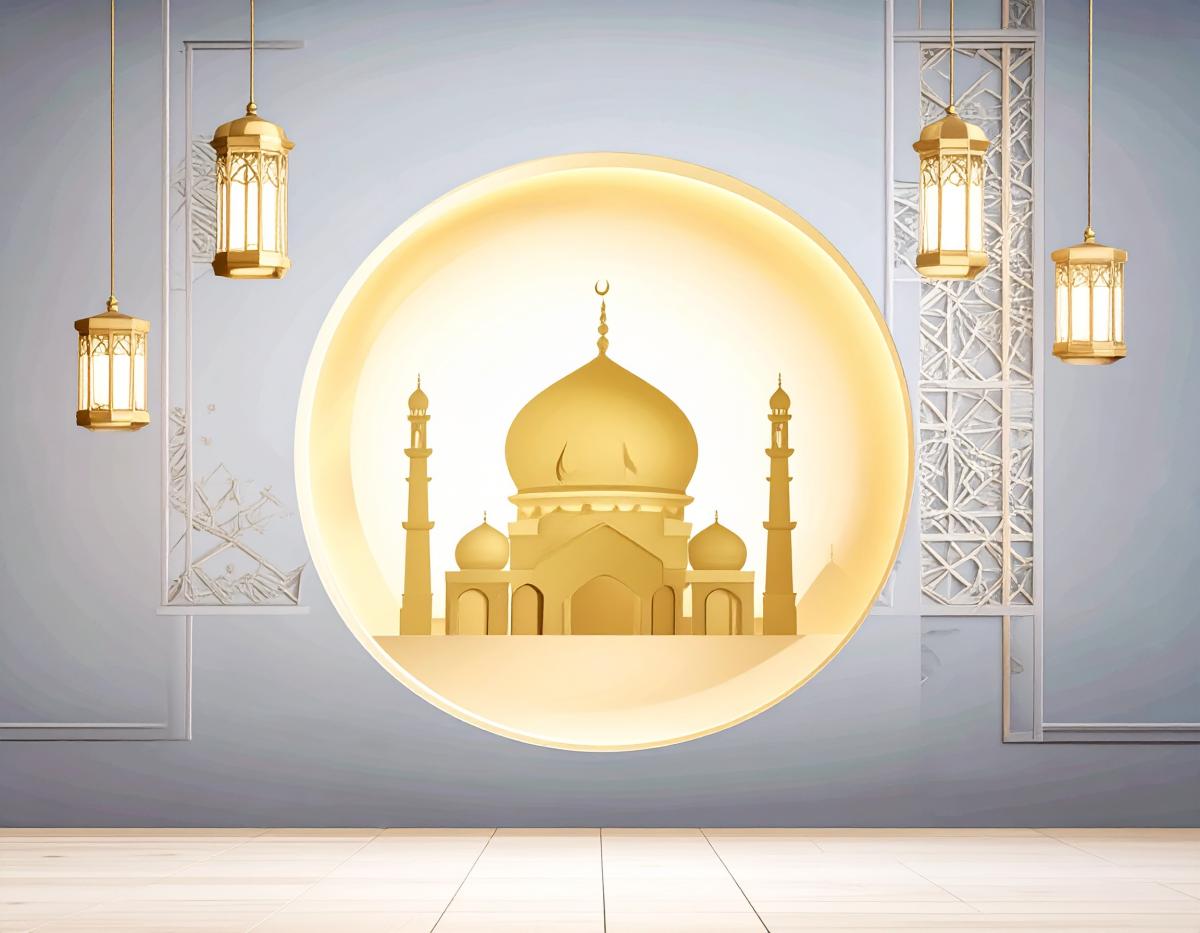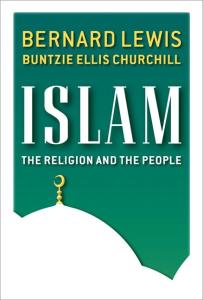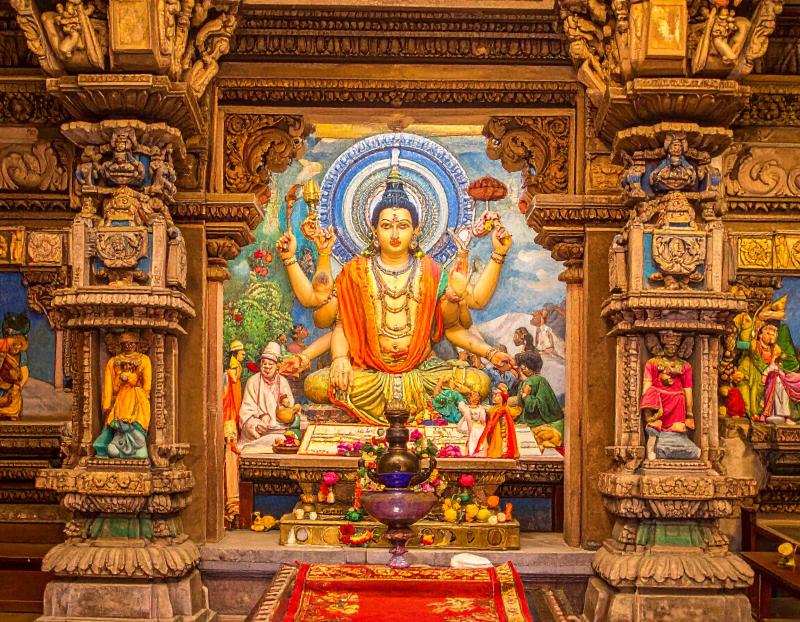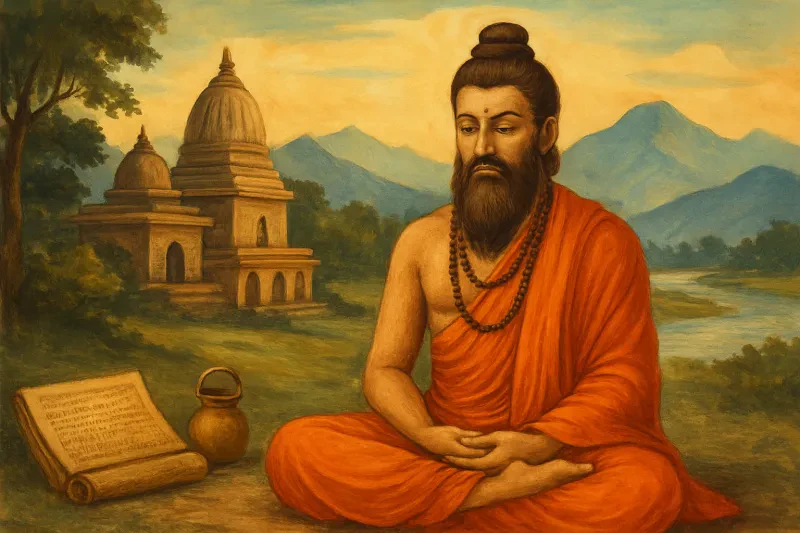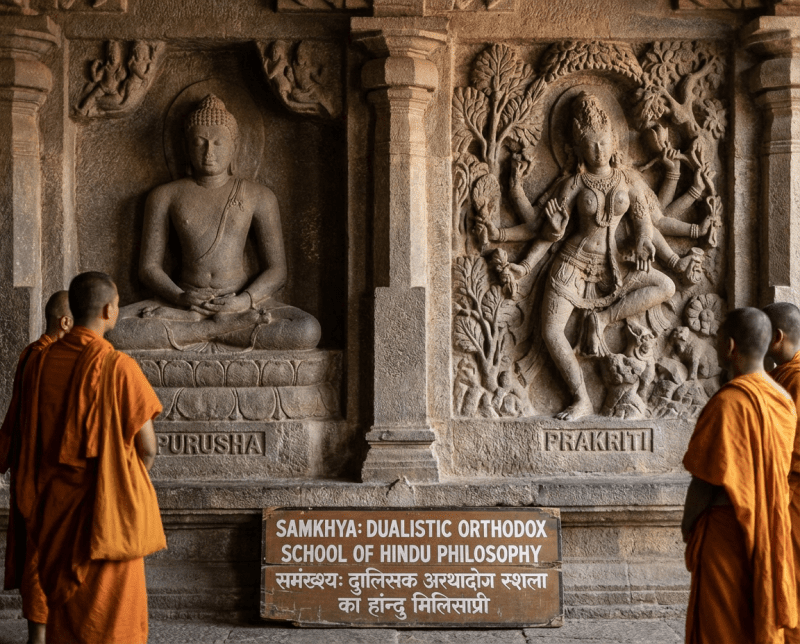Few concepts are as foundational, complex, and profound as that of Allah—the Arabic term for God. Within Islam, Allah is not only the central figure of devotion, but also the very foundation of existence, morality, and ultimate purpose. This article aims to introduce and provide an overview of the Islamic concept of Allah, elucidating its theological, philosophical, and cultural significance.
The Name “Allah”: Linguistic and Historical Roots
The word “Allah” is the Arabic term for God. It is used predominantly by Muslims worldwide, but it is also found in Arabic translations of the Christian Bible and by Arabic-speaking Christians and Jews. The term predates Islam; it is believed to be derived from “al-ilāh” (the deity/God), with “al” meaning “the” and “ilāh” meaning “god.” Over time, “al-ilāh” contracted to “Allah,” signifying the singular, unique God.
In Islamic theology, Allah is not a generic term for any deity. Instead, it refers specifically to the one, unique, all-powerful, and all-knowing Creator of the universe. The use of the definite article (“the God”) reinforces this singularity and uniqueness.
Allah’s Oneness: The Principle of Tawhid
Central to the Islamic understanding of Allah is the doctrine of “Tawhid,” which means “oneness” or “unity.” This concept asserts that Allah is absolutely singular—without partner, peer, or associate. Tawhid is so integral that it is the first pillar of Islamic belief, encapsulated in the testimony of faith (shahadah): “There is no god but Allah; Muhammad is the Messenger of Allah.”
Tawhid is divided into several categories by Islamic theologians:
· Oneness of Lordship (Tawhid ar-Rububiyyah): Allah is the sole Creator, Sustainer, and Ruler of all that exists. Nothing happens in the universe without Allah’s will or knowledge.
· Oneness of Worship (Tawhid al-Uluhiyyah): Only Allah is worthy of worship. All acts of devotion—prayer, charity, fasting, pilgrimage—must be directed exclusively to Allah.
· Oneness of Names and Attributes (Tawhid al-Asma wa-Sifat): Allah has unique names and attributes. For example, Allah is described as merciful (ar-Rahman), compassionate (ar-Rahim), all-knowing (al-Alim), and powerful (al-Qadir).
Attributes of Allah in the Qur’an
The Qur’an, which Muslims believe to be the literal word of God revealed to the Prophet Muhammad, contains numerous verses describing Allah’s attributes. These descriptions aim to foster an understanding of God that is at once majestic, compassionate, and intimately involved in the lives of creation.
Some important attributes include:
· Mercy: Allah’s mercy is repeatedly emphasized. The Qur’an begins each chapter (except one) with the phrase “In the name of Allah, the Most Compassionate, the Most Merciful.”
· Omnipotence: Allah is all-powerful, able to create by mere command, “Be, and it is.”
· Omniscience: Allah knows all things, apparent and hidden, past, present, and future.
· Justice: Allah is supremely just, rewarding good and punishing evil, but also forgiving those who sincerely repent.
· Transcendence and Immanence: Allah is beyond human comprehension and not bound by the limitations of creation, yet is closer to each person than their jugular vein.
Collectively, these and the other “99 names of Allah” (al-asma’ al-husna, “the most beautiful names”) serve as a means for Muslims to know, revere, and relate to God.
Allah’s Relationship to Creation
Unlike some religious traditions that depict God as distant or detached, Islam teaches that Allah is both transcendent (beyond and above creation) and immanent (close and intimately involved). Allah creates, sustains, and guides the universe, and is attentive to the needs and prayers of every individual.
The Qur’an frequently addresses the relationship between Allah and humanity, emphasizing themes like:
· Guidance: Allah sends prophets and revelations to guide people toward truth and righteousness.
· Compassion: Allah is described as more merciful to creation than a mother to her child.
· Accountability: Each person is accountable to Allah for their deeds and intentions. On the Day of Judgment, Allah will judge all justly.
Allah in Islamic Worship and Practice
The entire structure of Islamic worship revolves around Allah. The five pillars of Islam—testimony of faith, prayer, charity, fasting, and pilgrimage—are all acts directed toward and intended to honor Allah.
· Prayer (Salat): Muslims pray five times daily, directly addressing Allah, expressing gratitude, seeking forgiveness, and asking for guidance.
· Supplication (Dua): Beyond formal prayers, Muslims are encouraged to make personal supplications to Allah for their needs, hopes, and fears.
· Charity (Zakat): Acts of kindness and charity are seen as a means of seeking Allah’s pleasure.
· Fasting (Sawm): During Ramadan, Muslims fast as an act of devotion and discipline, seeking closeness to Allah.
· Pilgrimage (Hajj): The annual journey to Mecca is seen as a return to the house of Allah, a profound spiritual exercise in humility and unity.
Common Misconceptions about Allah
For those unfamiliar with Islam, several common misconceptions about Allah merit clarification:
· “Allah” as a Distinct God: The term “Allah” refers to the same monotheistic God worshipped by Jews and Christians. The Qur’an makes clear that Allah is the God of Abraham, Moses, and Jesus.
· Anthropomorphism: While Allah is described with attributes (such as hearing, seeing, and knowing), these are understood in a way befitting God’s majesty and are not comparable to human attributes. Islam strictly avoids depicting Allah in any physical form or image.
· Impersonal Deity: Some might think Allah is distant or severe, but Islamic texts emphasize Allah’s mercy, compassion, and readiness to forgive.
Allah in Comparison with
Other Monotheistic Traditions
Though the term is Arabic, the concept of Allah shares much with the God of Judaism and Christianity. All three Abrahamic faiths teach the oneness, omnipotence, and mercy of God.
However, Islamic theology is distinctive in its emphasis on the absolute singularity of Allah—rejecting any division, partnership, or incarnation in the divine being. For example, while Christians believe in the Trinity, Islam maintains that Allah is strictly one and has no peers or progeny.
The Significance of Belief in Allah
For Muslims, belief in Allah is more than a theological proposition; it is the axis around which all of life revolves. It shapes ethics, social relations, political structures, and personal aspirations. The realization that Allah is always aware and present is meant to inspire humility, self-discipline, compassion, and hope.
Islamic mystics, known as Sufis, have written extensively about the love of Allah, describing a yearning for closeness to the divine, which transforms the heart and soul. For others, Allah is a source of justice and moral clarity in a complex world.
Allah in Everyday Muslim Life
The consciousness of Allah permeates daily life for practicing Muslims. Common phrases invoke God’s name, such as:
· “Insha’Allah” (“If God wills”): Expressing hope or intention for the future.
· “Alhamdulillah” (“Praise be to God”): Expressing gratitude.
· “Bismillah” (“In the name of God”): Recited before beginning any important action.
These utterances reflect a worldview in which life’s events—joys and trials alike—are seen as occurring within Allah’s knowledge and will.
Conclusion
The Islamic concept of Allah is at once majestic and intimate, transcendent and immanent, just and merciful. It is a monotheistic vision that rejects all forms of idolatry, asserting instead the pure oneness and uniqueness of the Creator. For Muslims, knowing and loving Allah is seen as the highest human purpose, the source of morality, meaning, and hope.
Islam: The Religion and the People
by Bernard Lewis and Buntzie Churchill
Product information
Product Review Score
4.9 out of 5 stars
104 reviews